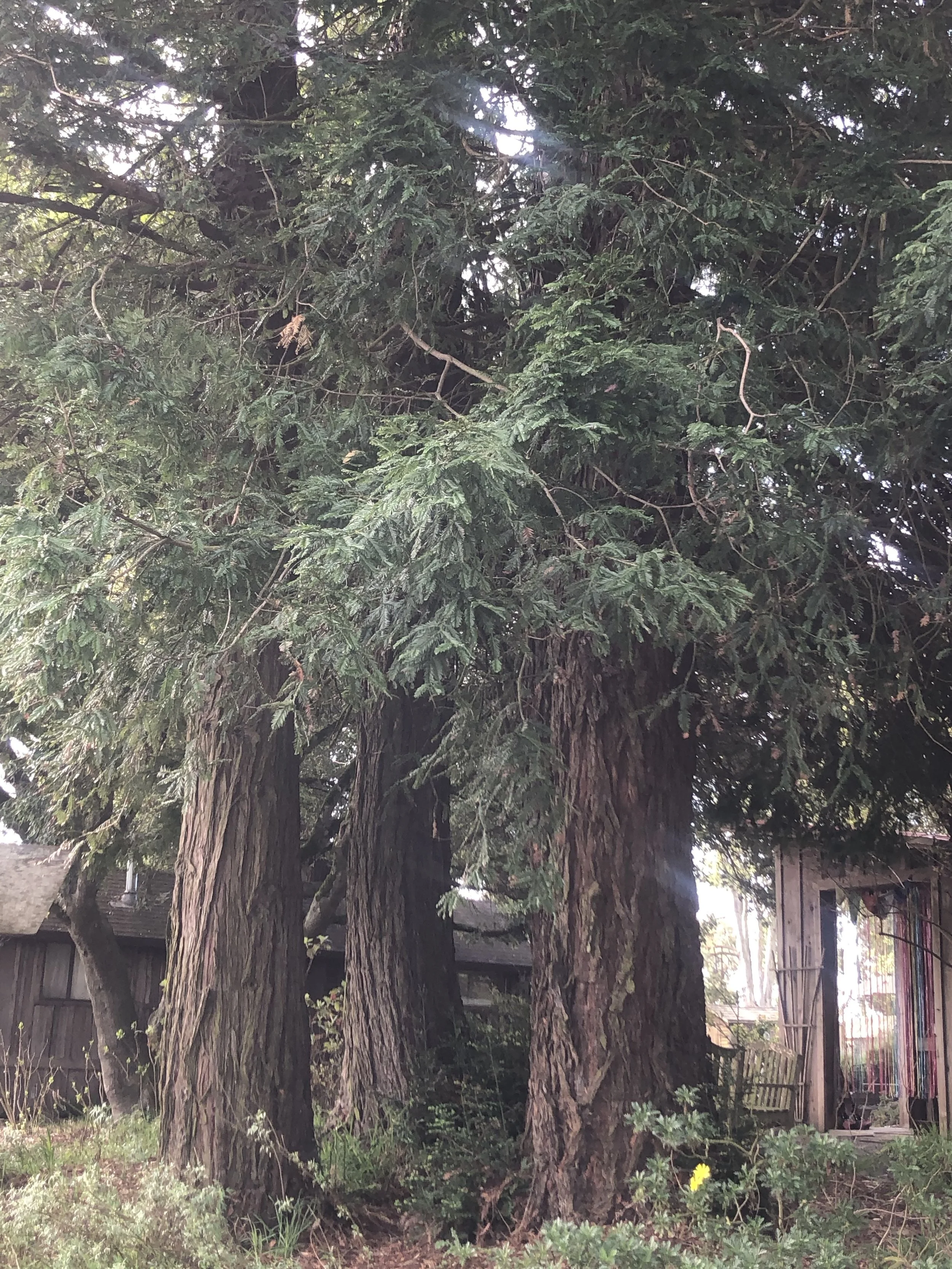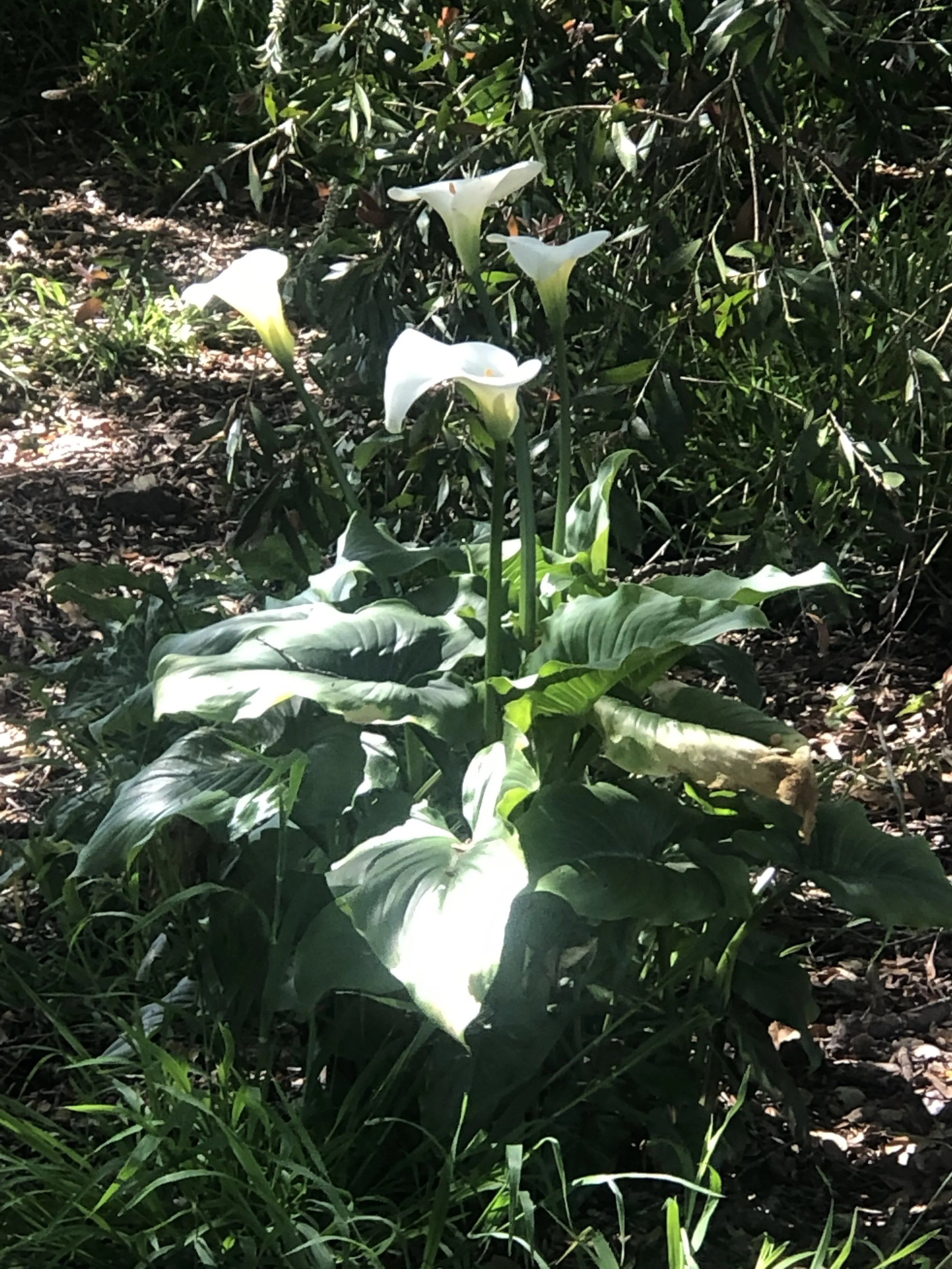A Covenant of Mutuality and Interdependence
To be open to being seen is a skill as well as an art; just as a deep seeing is a skill and an art. When we allow ourselves to fully receive someone’s generous, cultivated attention we participate in a covenant of interdependence and mutuality. The sincere participation of both parties introduces the felt reality of our oneness, the unity of our ground of being: this is a fundamental spiritual principle. When we allow ourselves to be open in this way the boundaries between ourselves and others, between ourselves and nature, between ourselves and life itself begins to evaporate. A tutorial in being seen and received was introduced to me after I had finished presenting at a large seminar.
As I completed and began to walk away the attendees gave me a boisterous ovation and I automatically responded with the customary Japanese bow that is deeply part of me from my years in Aikido. I suddenly saw that I was unconsciously performing something that was completely divorced from the acknowledgement that was being offered. I was simply not letting in their jubilant response; instead I created a barrier that shielded me from the intimacy of the present moment. I was hiding behind custom to conceal a feeling of vulnerability. I felt exposed. My conditioned historical response streamed through me to protect, to shelter, to defend me from…it’s difficult to say what it was protecting me from as there was no pertinent threat, but the rush of heat that surged up my spine made me feel as if I was standing dangerously close to a precipice. Some unexamined threat lurked in the shadows of memory.
What I had inherited from the etiquette of Aikido, and the wider culture, was that you simply bow and walk away. Much like the athlete who takes a nod after a game winning basket, goal, or homerun and then disappears into the runway, which is seen as a virtue of modesty and self-possession. In this case it was a false modesty and inauthentic; I was just going through the motions without regards to what was actually occurring. I simply disappeared the audience and their generous acknowledgement. I saw that not acknowledging others is an act of radical dismissal; it’s a way of disappearing them. They were the Other. Seeing this I felt jarred, unmoored, my mouth coated with chalk.
Inexplicably in that instant I was reminded to wake up, return to the present moment, and respond with dignity. I paused, stood straight, took a breath, uncurled my shoulders, looked directly at the participants, and let their appreciation touch me, and then I bowed. In that bare slice of time it felt as if the air between us had been scoured, the light seemed gilded with a substance-not salt, not cloud, not rock, not a word that comes easily-that was like a bright wick of fire emanating from all souls present. There is both a fragility and a solid ground in our vulnerability that allows us to share in that which we can feel and sense, but not necessarily locate in language. This teeter totter between the Absolute and the Relative leaves me witless. This wonderous bewilderment makes me wonder if this is the beginning of wisdom. I heed Dionysius advice to his disciples “Abandon everything, God despises ideas.” The sacred is everywhere, however fleeting; most of all waiting in the shadows. As I returned from this bright moment I longed for a balm that would integrate this potent energy; perhaps the sun light, I thought, latticing the floor through the windows.
Yet what surprised me, what was most impactful, was that being present to their acknowledgement, being present to them seeing me, enriched and dignified them. When this happened they applauded even louder. It was as if openly letting in their thanks empowered them, which empowered me. Opening to being seen and acknowledged merged with their experience of seeing and acknowledging. The innate unity between self and others has a collective power that is much greater than individual feelings and preferences.
The insight of this moment spontaneously combusted into an awareness of how I had constructed a certain teflon quality that prohibited positive acknowledgements, even love, to touch me at a deep level, though I longed for it. This led me to begin a practice of explicitly saying “I’m letting in your love, or appreciation, or good words” to the person who acknowledged me. If it seemed inappropriate to say it out loud I would say to myself, “I’m letting in your love.” Every time I did this I would feel my feet on the ground, my breath expanding my ribs, my shoulders settling into their pockets to help me embody the intimacy and truth of the moment.
To be seen means someone sees your concerns, motives, intent, historical urges, habituated responses, longing, and Being-ness. This practice of receiving, or seeing and listening deeply to someone is what we train in Aikido, and in somatics.This is what we call musubi, which in Japanese means knot.In other words we practice tying into our partner’senergy to be curious about them, listen to them, and then interact with them in a manner in which there is the possibility of a radical preemptive mutuality. This doesn’t necessarily mean agreeing with them, merging with them, judging them, or classifying them but fundamentally listening to the deepest part of them; being with their essence, being with their soul. Seeing their deepest conditioning as well as their deepest longings, joining with their sacred fire
Take it Easy, But Take It,
Richard Strozzi-Heckler


